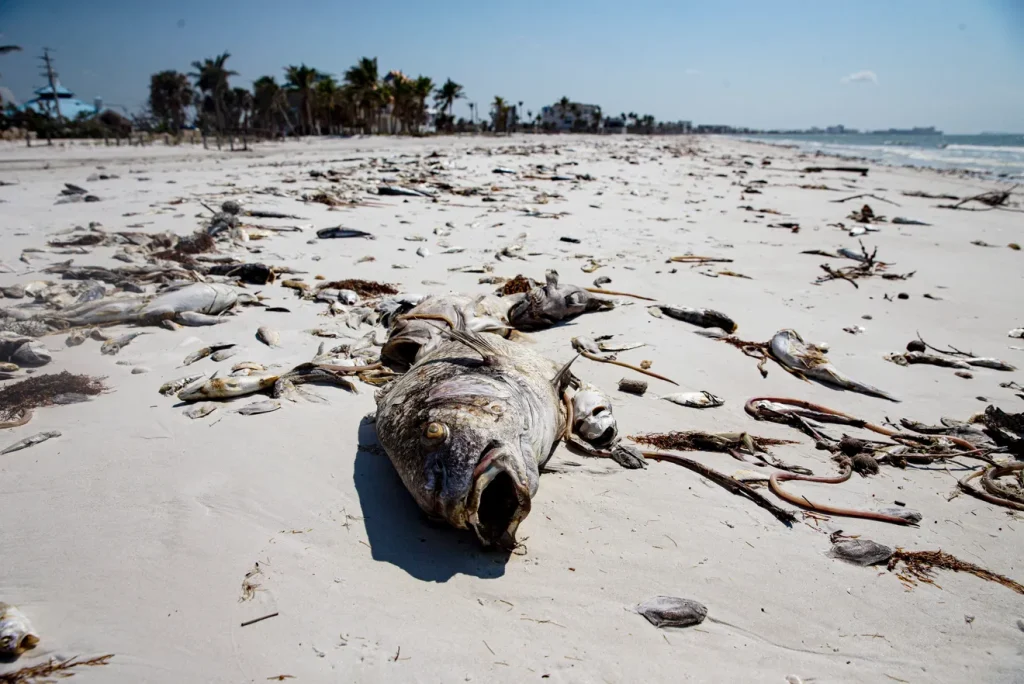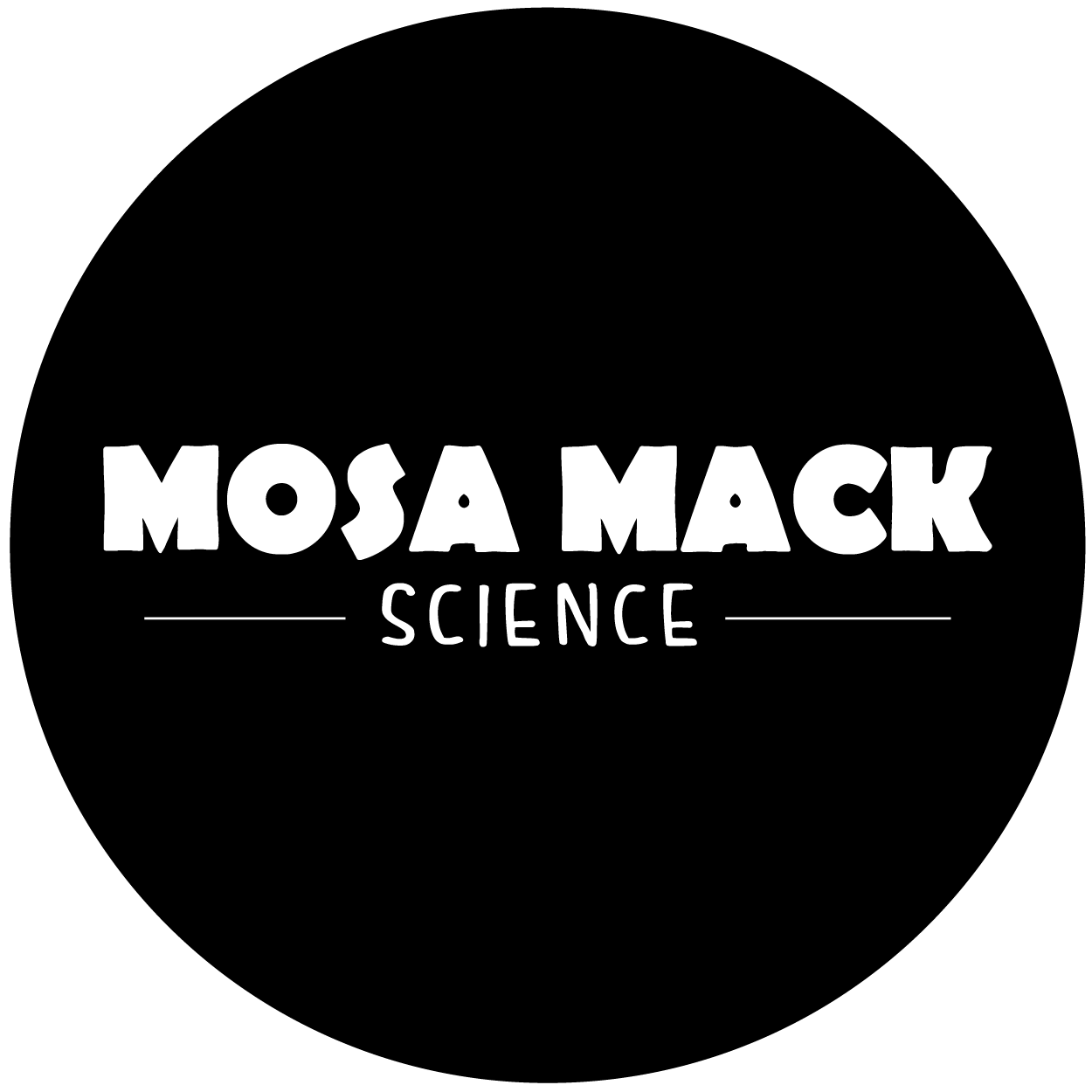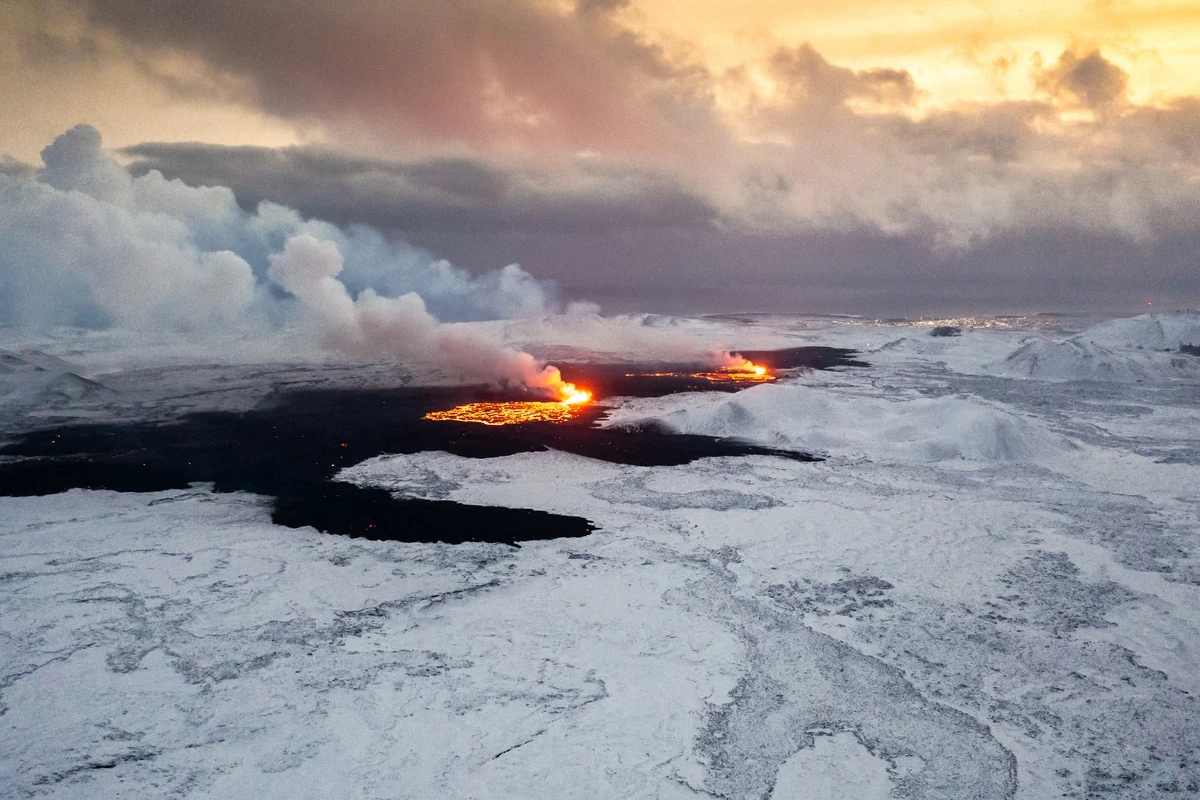
As science educators, it’s easy to focus so deeply on our classrooms that we forget to recognize the science happening outside of it. So we pulled some of the most interesting scientific updates from 2023 to give you an exciting overview of and some ideas for how to incorporate these phenomena into your 2024 lessons.
Harmful Algal Blooms
Along Florida’s Gulf Coast, harmful algal blooms are contaminating the water, killing and poisoning fish, shellfish and birds, and even making the air hard for humans to breathe. These blooms are caused by a combination of warm water and excessive nitrogen and phosphorus, churned up from the ocean floor by storms and entering the water as runoff from farms and sewers. While harmful algal blooms are a regular occurrence in Florida, they have been happening more often in recent years, which scientists attribute to rising temperatures and increased development and agriculture.
- Want to teach about this in class? It fits well into the Mosa Mack Biodiversity, Food Webs, Climate Change, and Water Cycle units.
- Read More: Toxic Red Tide Is Back in Florida—Here’s What to Know and Red tide: Fort Myers Beach removes 10 tons of dead fish from beaches; 3 tons to go
Volcano in Iceland and Earthquake in Turkey
2003 saw two major geological events that each highlight the relationship between plate tectonics and volcanoes and earthquakes.
- Turkey is located on the border of three tectonic plates and experienced a series of devastating earthquakes.
- Iceland is also located on the border between plates and experienced a swarm of earthquakes followed by a major volcanic eruption.
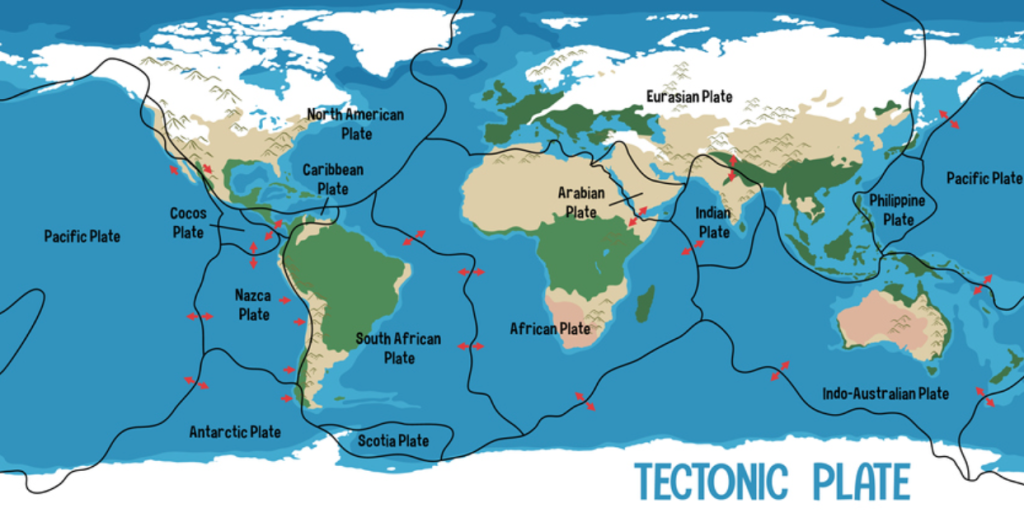
Graphic Credit: Mosa Mack Book
- Want to teach about this in class? It fits well into the Mosa Mack Plate Tectonics and Volcanoes and Earthquakes units.
- Read More about Turkey Earthquakes
- Read More about Iceland Erupts and A Geologist Explains
Canadian Wildfires
In June, harmful smoke from Canadian forest fires blanketed multiple states in the U.S. Fueled by warming temperatures and drier weather, wildfires like these are happening more frequently and burning more widely in North America and across the world.
- Want to teach about this in class? It fits well into the Mosa Mack Climate Change unit.
- Read More: Bizarre Year of Wildfires and Tracking Canada’s Extreme 2023 Fire Season
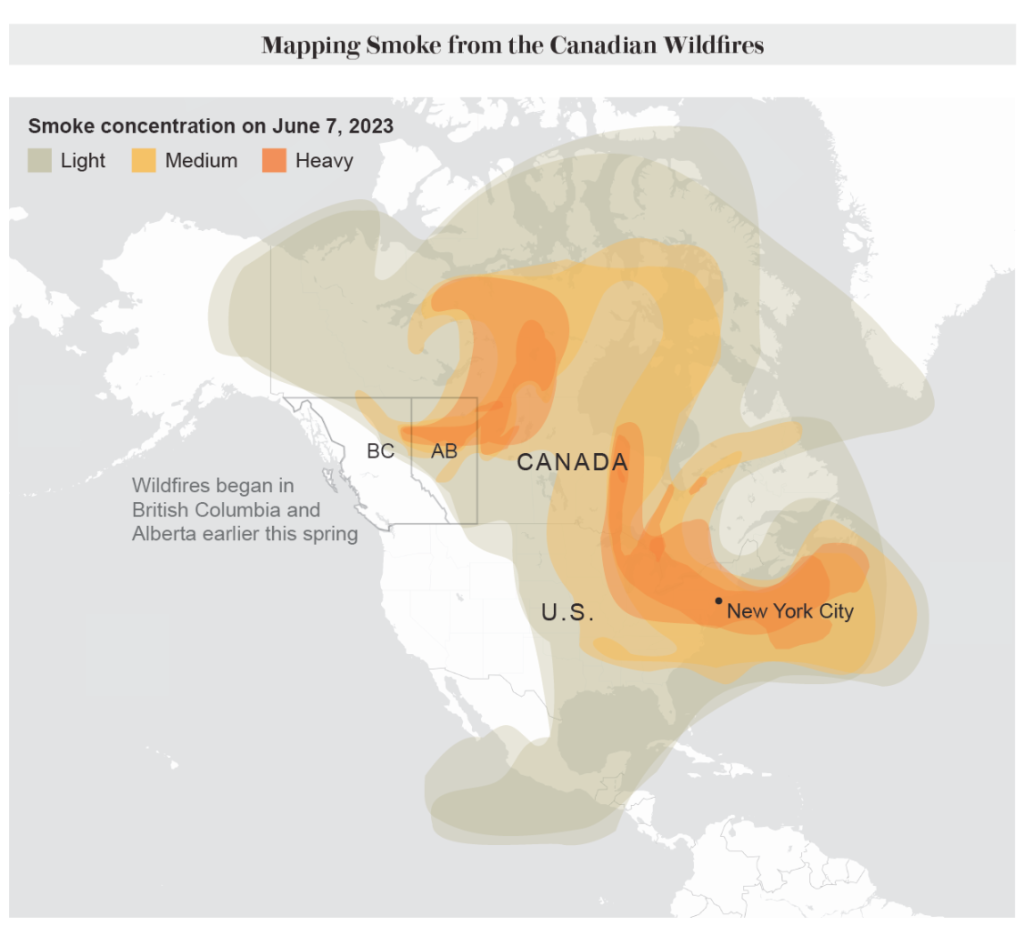
Graphic Credit: Ripley Cleghorn; Sources: Hazard Mapping System Fire and Smoke Analysis, National Oceanic and Atmospheric Administration
Lab-Grown Meat
The U.S. Department of Agriculture granted approval for the sale of chicken meat cultivated from cells in a lab. Proponents of lab-grown meat hope for it to become a more sustainable alternative to traditional animal agriculture, which produces a high percentage of the world’s greenhouse gas emissions.
- Want to teach about this in class? It fits well into the Mosa Mack Climate Change, Ecological Footprint, and Food Webs units. The process of creating cell-cultivated meat could also fit into the Cells, Climate Change, and Genetics units.
- Read More: Cell-cultivated chicken and Lab-Grown Meat Defense

Photo Credit: Peter DaSilva (Reuters)
Frozen Organ Transplant
A frozen kidney was successfully thawed and transplanted into a rat, marking the very first cryogenically preserved organ transplant.
- Want to teach about this in class? It fits well into the Mosa Mack Interaction of Body Systems unit.
- Read More: Rat Kidneys Were Successfully Transplanted and Cryogenic Organ Preservation Transplants
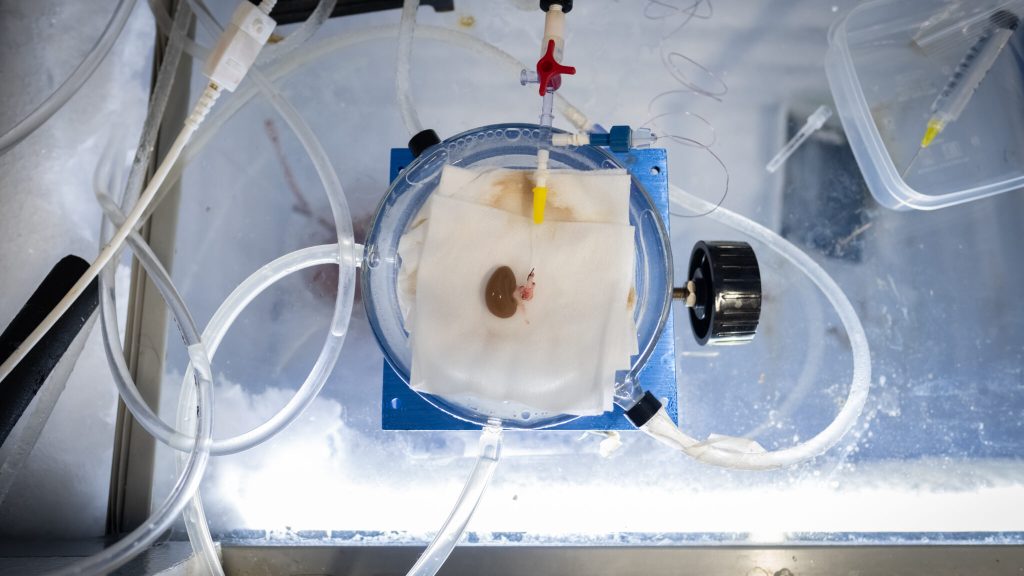
Photo Credit: Caroline Yang for Stat
New Sickle Cell Disease Treatment
In December, the FDA approved a breakthrough treatment for sickle cell disease, a life-threatening condition caused by a mutation of red blood cells. This is the first FDA-approved treatment using the new gene editing tool CRISPR.
- Want to teach about this in class? It fits well into the Mosa Mack Mutations unit.
- Read More: Casgevy: UK approves gene-editing drug for sickle cell
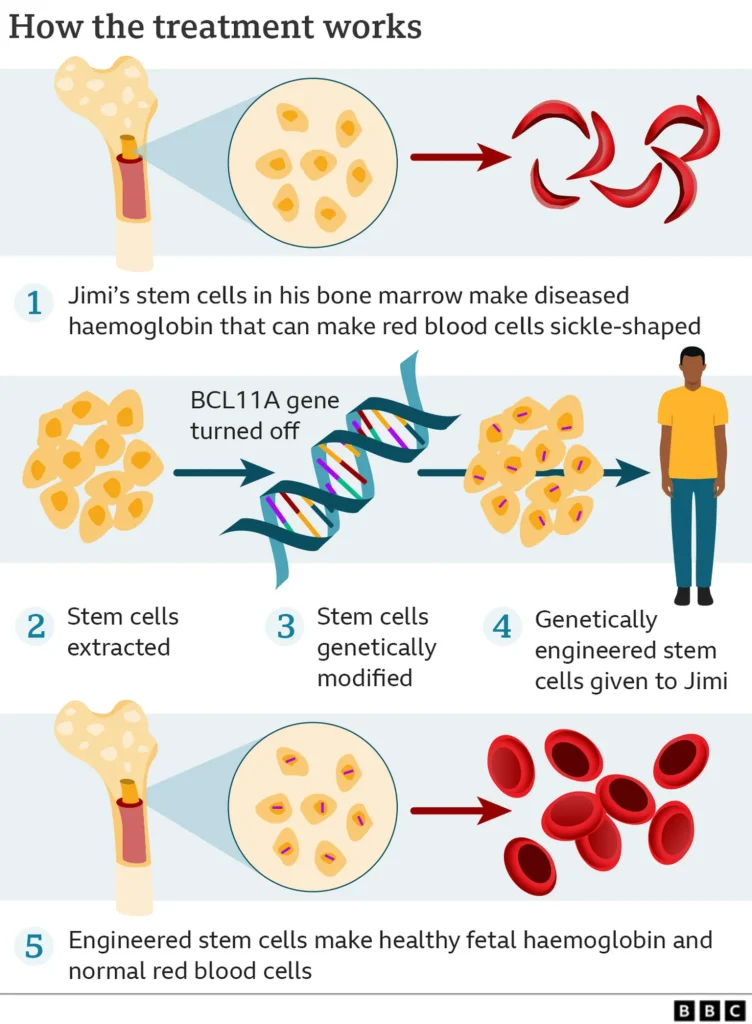
Graphic Credit: BBC News
Titan Implosion
On June 18, the Titan submersible tragically imploded as it traveled 12,467 feet below sea level. Engineers immediately pointed towards flaws in the design being the cause of the failure.
- Want to teach about this in class? It fits well into the Mosa Mack Design Thinking unit.
- Read More: The Design that May Have Doomed the Titan Submersible
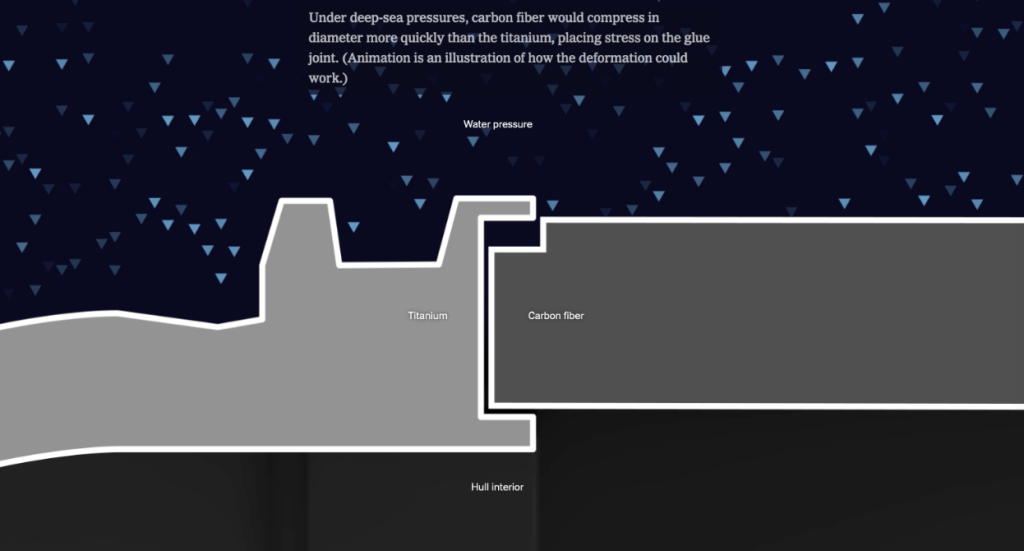
Graphic Credit: The New York Times
AI in Science
Across many fields of science, artificial intelligence is improving and accelerating the process of research and discovery. In recent years, scientists have used AI tools and techniques like robotics, data generation, and modeling to speed up drug development, predict weather more accurately, count and classify endangered species, and decode the mysterious language of whales.
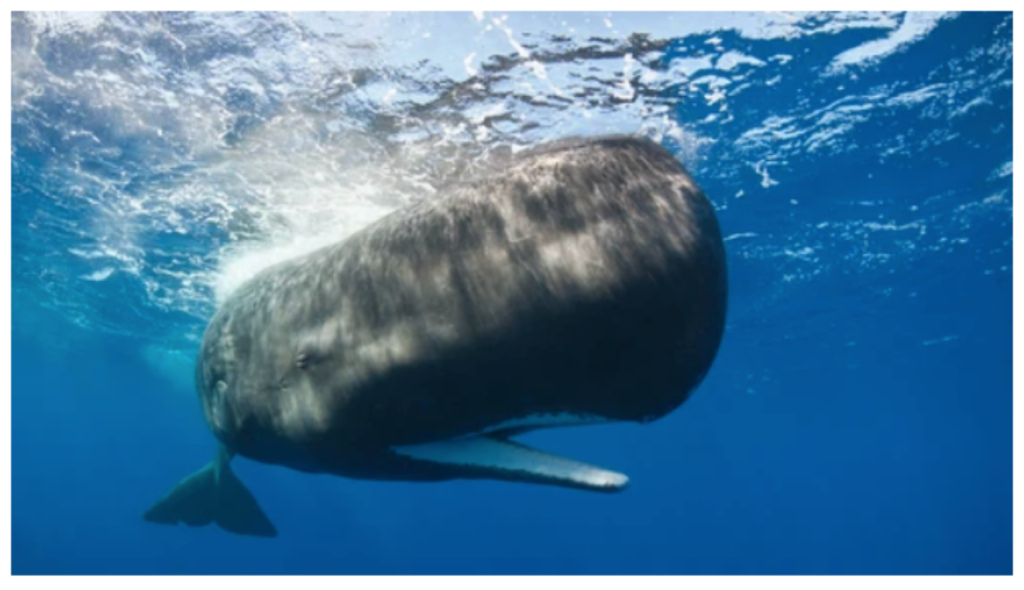
Photo Credit: Getty Images
- Want to teach about this in class? It fits well into the Mosa Mack Design Thinking unit.
- More Info: Talking to Whales and AI, Understand What Whales are Saying and How Scientists are using AI
Your Favorite Phenomena
Do you use different scientific moments from 2023 to support lessons in your classroom? Share the ones you picked with our curriculum team by sending us a note!
